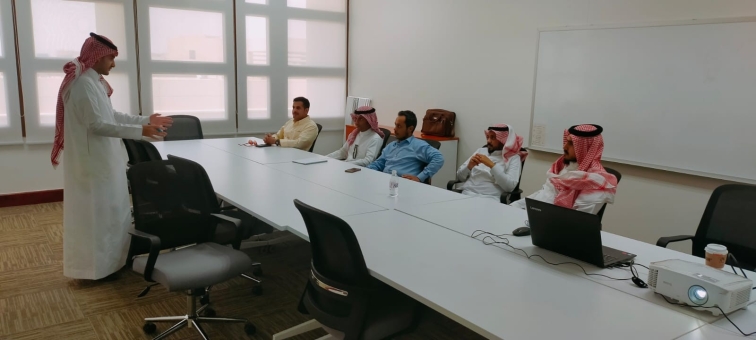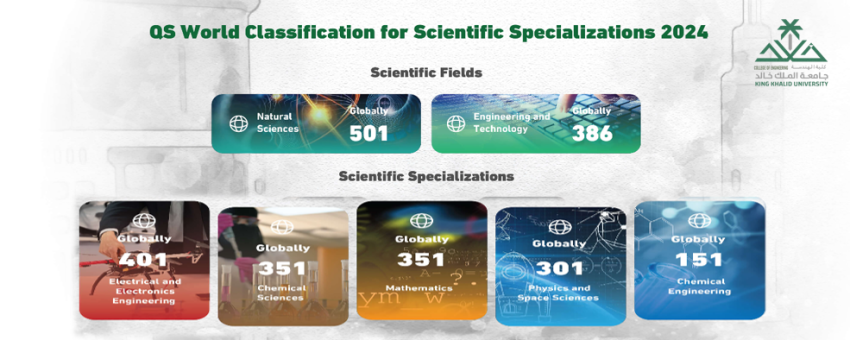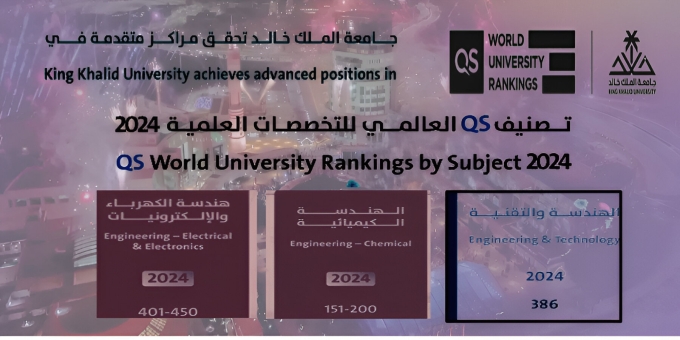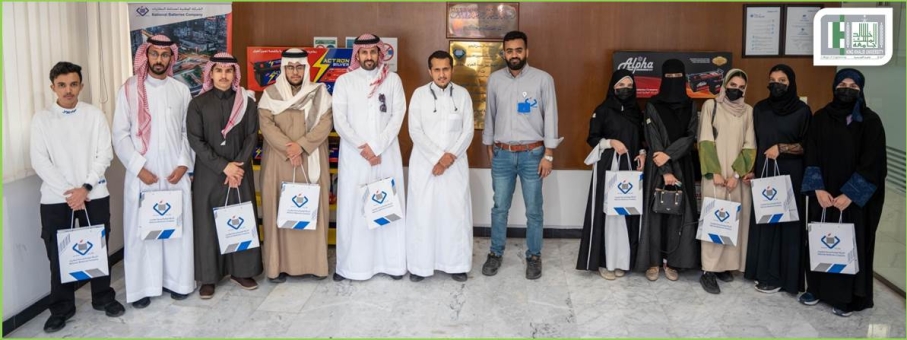Due to the importance of new technologies such as the Global Positioning System (GPS) in surveying and staking out by speeding up the Civil Engineering projects when they designed and implemented. In addition, it is certain that the Graduate of the College of Engineering at King Khalid University in the Civil Engineering Department can easily take place in the labor market by gaining technical skills in specialization and self-development with the skill of these new technologies required in foreign and national companies.
To achieve the vision of the College of Engineering and the Civil Engineering Department within the vision of King Khalid University within the vision of the Kingdom of Saudi Arabia 2030 by intensifying the training courses for Graduates to prepare them to the job market or to pursue postgraduate studies and the following objectives:
· Strengthening the ratio of new technologies in the curriculum of College of Engineering,
· Training involves new technologies allows to gain time and effort during the implementation of each Civil Engineering Projects,
· Prepare the Graduate to the practical life without any going back after graduation to re-train,
· Through the community services mechanism, these skills can be introduced to serve the local government and private sectors.
Due to the importance of all courses taught by the Graduate in Civil Engineering Department towards the different specializations that enable him to obtain the certificate of Civil Engineer, it is difficult to delve into any given specialization in how he can earn all the skills so we highlight the importance of this course and the goal in the following:
· To establish the importance of this course in adopting positive theory in learning,
· This course intersects with other courses related to the updating of Spatial data,
· Enabling the Graduate with the necessary skills to prepare for the adoption of these new technologies in the remainder of his University studies such as graduation project, which is inspired by the actual projects in the public or private sector and facilitate the integration of Graduates in the labor market.
This training offers to the Graduate in Civil Engineering Department how he can improve his knowledge by taking into consideration new technologies, and how to reach a high level of knowledge that leads him to win the job or continue his higher education.
· To establish the importance of this course in adopting positive theory in learning,
· This course intersects with other courses related to the updating of Spatial data,
· Enabling the Graduate with the necessary skills to prepare for the adoption of these new technologies in the remainder of his University studies such as graduation project, which is inspired by the actual projects in the public or private sector and facilitate the integration of Graduates in the labor market.
Through this training, Graduates learn the scientific methodology and digital methods used in GPS applications. The most important of these methods are:
· To learn how to operate GPS tool,
· Training on how to operate fixed station and rover,
· Training on how to convert geo-spatial data to and from the instrument and to the computer,
· Training on how to export and import geo-spatial data to and from other software, hardware and other instrument,
· Training in updating geo-spatial data to support actual applications in public sectors in Saudi Arabia,
· Training on staking out Civil Engineering projects with these new technologies,
· Ensure that the content of any course does not mean that you become an expert, but a first step for more improvement.
Through this GPS Training, the faculty member of this training and the Civil Engineering Department want to reach the following results:
· To push the Graduate to more knowledge in specialized disciplines, especially those that rely on new technologies,
· To instill in the Graduate the idea of perseverance and excellence in earning skills and self-development by adopting the methodology of integration between classical methods and new technologies to win the job,
· A new addition to instill the spirit of community service for the Graduate to whom he will become a part.









